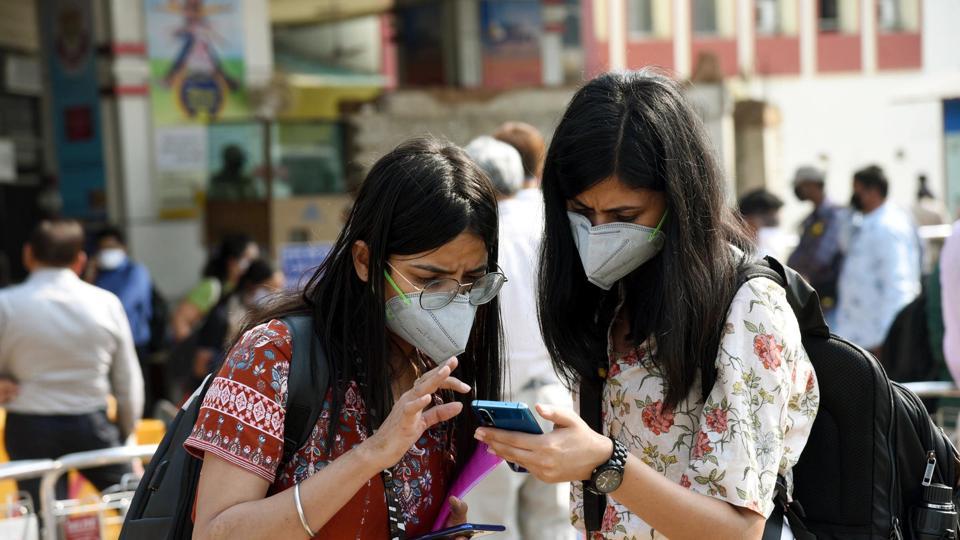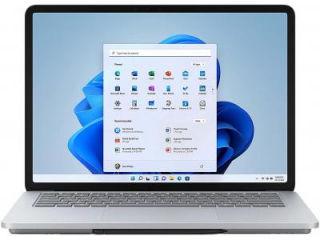COVID-19: 5 things you shouldn’t search about coronavirus
According to a CheckPoint report, there has been a nearly 50% surge in the number of coronavirus-related domain names registered in the past couple of months.

The total number of Coronavirus cases has touched the 3.45 lakh mark globally. Amid the present scenario, companies and governments are taking proactive measures to disseminate correct information about the virus outbreak. While Google has launched a dedicated website, Microsoft has launched a coronavirus tracker to help people get the latest and most accurate technology. On one hand, technology is being used to help people amid the ongoing scenario, on the other hand, hackers are using this surge in search about COVID-19 for scamming innocent users.
According to a CheckPoint report, there has been a nearly 50% surge in the number of coronavirus-related domain names registered in the past couple of months. "...there have been over 4,000 coronavirus-related domains registered globally. Out of these websites, 3% were found to be malicious and an additional 5% are suspicious. Coronavirus- related domains are 50% more likely to be malicious," the report states.
Needless to say that hackers are trying to use the present scenario to their advantage and netizens need to be extra careful while searching for content on coronavirus.
So, here's a list of things you shouldn't search about coronavirus online:
Coronavirus apps: First and the most important thing that there is to know about this scenario is that there is no app from a credible source such as the World Health Organisation (WHO) or the US Centre for Disease Control (CDC) for getting information about the ongoing outbreak.
There is an app called CovidLock on the Play Store, which installs ransomware on users' smartphones and forces them to pay $100 in Bitcoin for unlocking their smartphones. Don't download CovidLock or similar apps on your smartphone.
Coronavirus emails: Do not open any coronavirus-related email from a source that you aren't sure about. According to Kaspersky, hackers are sending malware-laden emails to users in disguise of official emails to harvest users' browsing data and other sensitive information among other things.
Coronavirus trackers: As per a report by Reason Labs, hackers are using fake coronavirus trackers to steal information such as user names, passwords, credit card numbers and other details stored in users' browsers.
You can either check the WHO website, Microsoft's coronavirus tracker or Indian government's WhatsApp chatbot for the same.
ALSO READ: Google Search updates coronavirus SOS alert with detailed dashboard
Coronavirus testing kits: Do not look for coronavirus testing kits online as no such kit authorised by the WHO, the government or a medical body is available in the market. COVID-19 testing requires time and needs proper medical supervision.
Coronavirus vaccine: No vaccination for coronavirus has been developed as of now. Any website or portal that claims to sell coronavirus vaccines is fake.
Catch all the Latest Tech News, Mobile News, Laptop News, Gaming news, Wearables News , How To News, also keep up with us on Whatsapp channel,Twitter, Facebook, Google News, and Instagram. For our latest videos, subscribe to our YouTube channel.




























